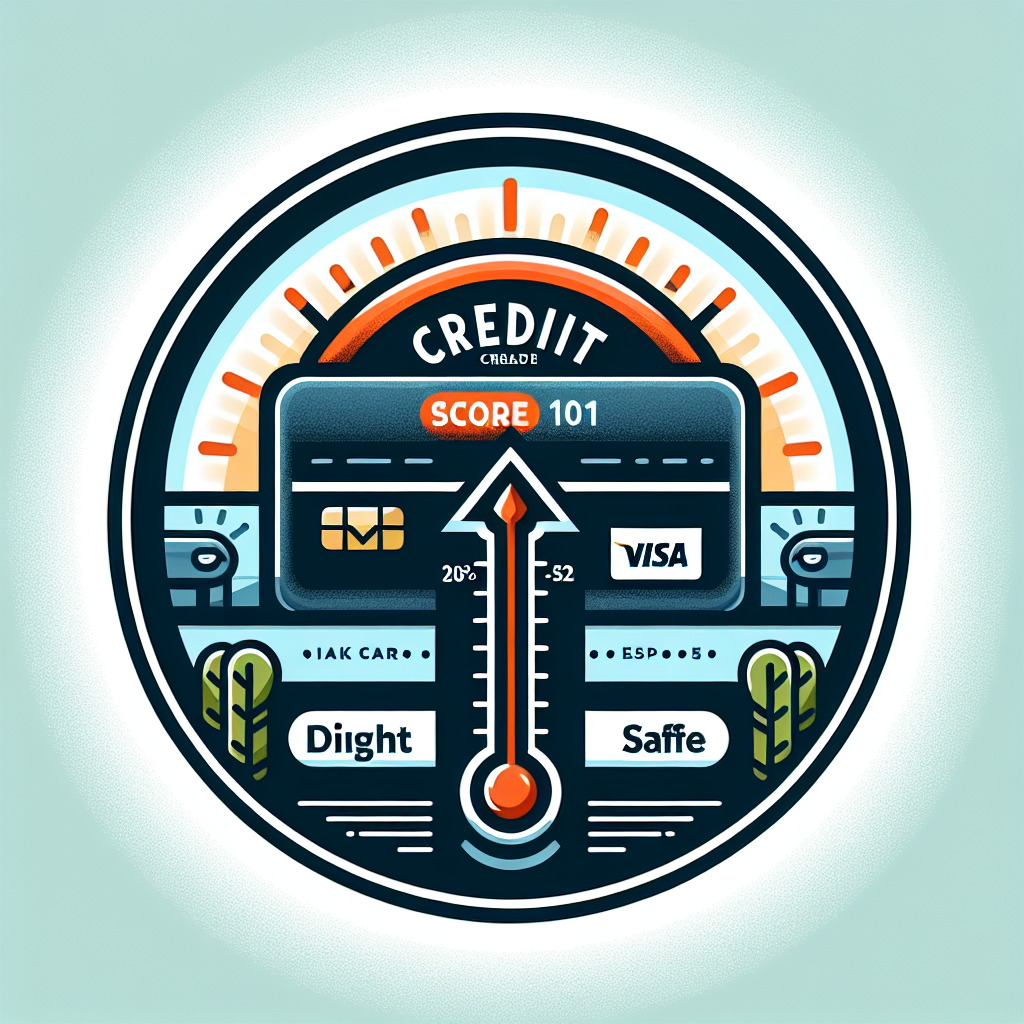
Understanding Credit Scores
Your credit score is a three-digit number that reflects your creditworthiness. Lenders use it to determine the risk of lending you money. Generally, a higher score indicates lower risk, which can lead to better loan terms.
What Affects Your Credit Score?
Several factors contribute to your credit score:
- Payment History (35%): Timely payments boost your score.
- Credit Utilization (30%): A lower balance relative to your credit limit enhances your score.
- Length of Credit History (15%): Older accounts can positively impact your score.
- Types of Credit (10%): A mix of credit types can be beneficial.
- New Credit (10%): Multiple inquiries in a short period can lower your score.
How Your Visa Card Impacts Your Credit Score
Utilizing Your Visa Card Responsibly
Your Visa card can significantly influence your credit score. Here’s how:
- Payment Behavior: Consistently paying your Visa bill on time builds a positive payment history, which is crucial for improving your credit score.
- Credit Utilization: Aim to keep your credit utilization below 30%. For instance, if your limit is $5,000, try not to carry a balance over $1,500.
- Account Age: Keeping your Visa account in good standing over time can positively contribute to your credit history.
Responsible Use Tips
- Set up automatic payments to avoid late fees.
- Keep track of your spending to maintain a low credit utilization rate.
- Consider making multiple payments throughout the month if you tend to spend closer to your limit.
Related Searches
- What are the factors affecting credit scores?
- How to improve your credit score fast?
- Understanding credit utilization ratios
- Tips for maintaining a good credit history
Frequently Asked Questions (FAQ)
How often should I check my credit report?
It’s advisable to check your credit report at least once a year for inaccuracies.
Can using my Visa card too much hurt my score?
Yes, high credit utilization can negatively impact your score. Aim to keep balances low.
What is considered a good credit score?
Typically, a score above 700 is considered good, while anything above 800 is excellent.
Interview: Expert Insights with a Financial Advisor
To gain further insights on credit scores and Visa card usage, we spoke with financial advisor Jane Doe.
Q: What’s the biggest mistake people make with their credit cards?
A: “Many individuals do not monitor their spending, leading to high balances that can impact their credit scores."
Q: Any tips for someone looking to improve their score?
A: “Besides making payments on time, consider minimizing your credit card balances and avoiding new credit applications unless necessary.”
Conclusion
Maintaining a healthy credit score is essential for financial health, and your Visa card plays a pivotal role in this process. By paying on time, managing credit utilization smartly, and understanding your credit dynamics, you can significantly enhance your financial standing.
References
Following these guidelines can set you on a better path toward financial well-being.
#Credit #Score #Visa #Card #Affects #Financial #Health

